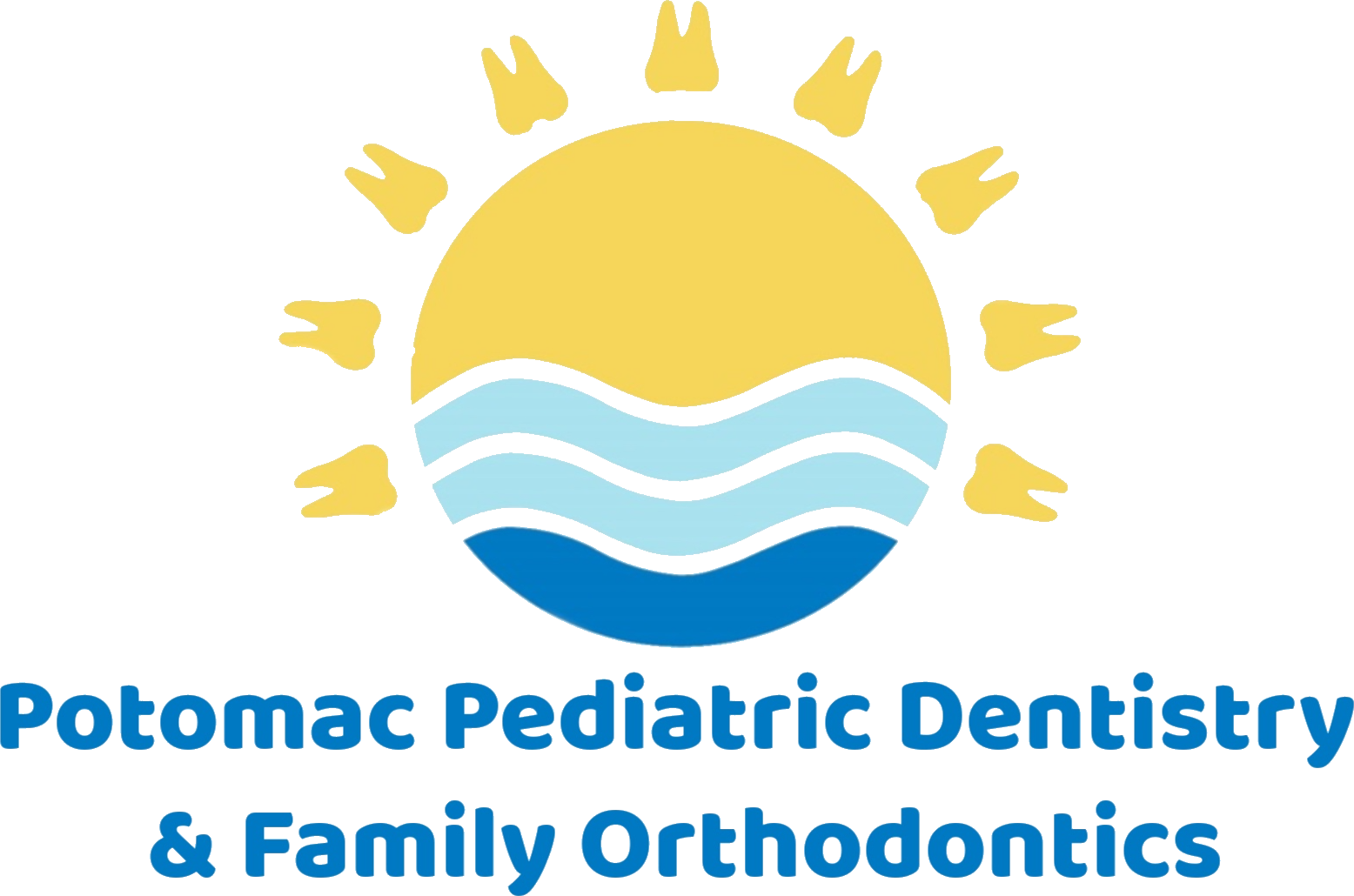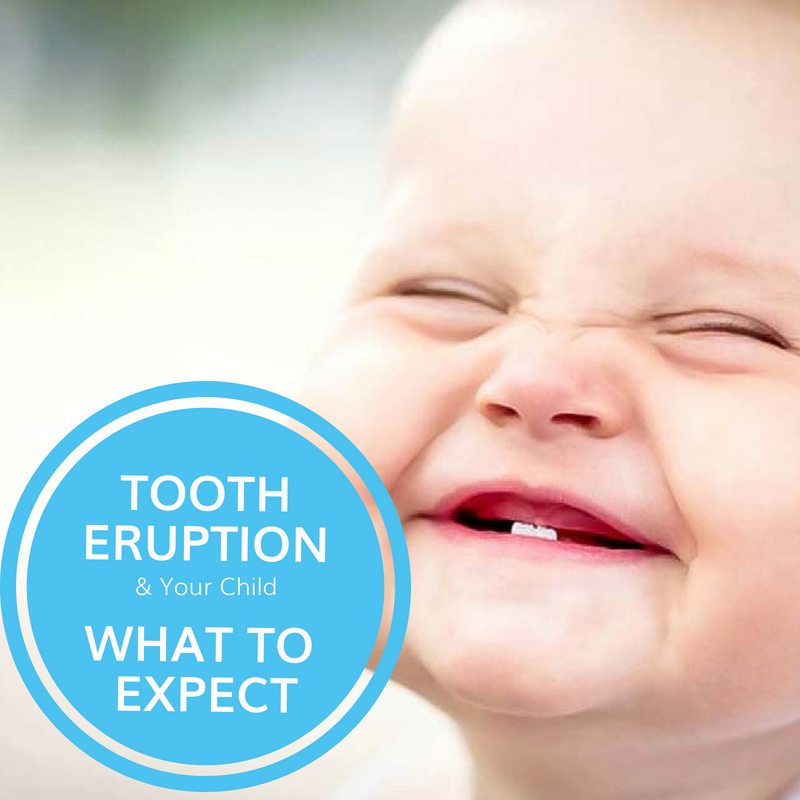Tooth eruption can vary from child to child. Here is a guide to what you can expect.
What is Tooth Eruption
The term “eruption” may sound alarming, but it simply means the process by which a child’s first teeth, also known as primary, baby or deciduous teeth, break through the gums and appear in the mouth.
Babies are born with most of these teeth already formed, so this is a completely natural and usually trouble-free process, though it often causes temporary discomfort.
The proper development of these baby teeth is important in helping young children start on solid food and in learning to speak.
When Should First Teeth Appear?
The timing of teeth eruption varies considerably. A first tooth may not be seen until as late as 15 months in some cases, but around six months of age is typical.
In most children, two lower front teeth are seen first, followed by four upper teeth. More teeth then gradually emerge during the next two years or so until a maximum of 20 is visible. Most children have this full set of baby teeth by the age of three and retain them until about 6 or 7 when they begin to be gradually replaced by permanent adult teeth.
What to Look For
A process lasting several years is naturally subject to wide individual variations, but certain things are commonly observed –
- girls’ teeth usually appear earlier than those of boys;
- lower teeth normally appear before the upper;
- teeth generally appear two at a time; and
- during the period when both baby and adult teeth are present, the baby teeth will be identifiable as smaller and whiter than the adult.
Contact Us
There’s probably no need to worry if these observations don’t seem to apply in your child’s case. First teeth usually erupt and develop naturally without any cause for concern. But a regular dental check-up is still a sensible precaution. Not only will this allow the early detection of any potential problems, it will also help educate your child in the importance of good oral hygiene.
To make an appointment, or to get further information about the development of your child’s teeth, please call us on 703 221 4040 or fill out the online contact form here.

